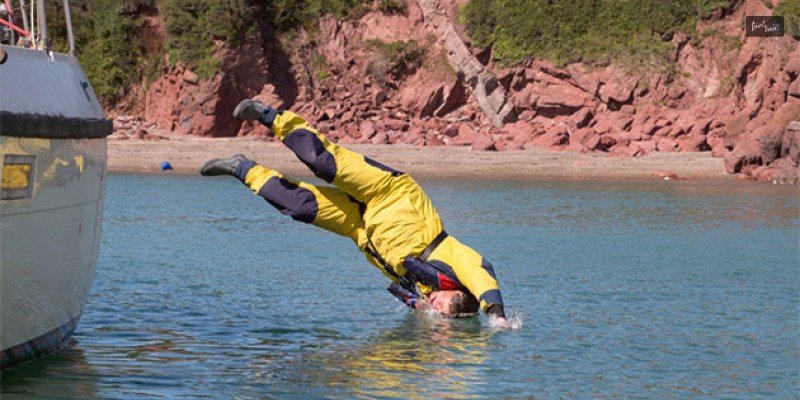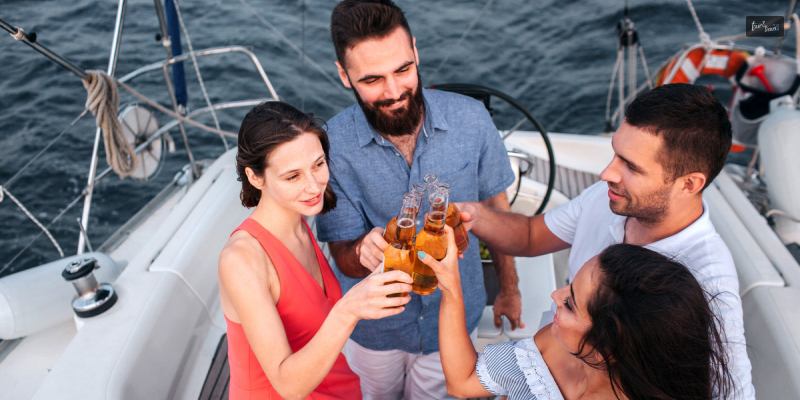Exploring Sikkim
BY Abdul Aziz Feb 16, 2023
Sikkim is a state in northeastern India, bordered by Bhutan to the east, Tibet to the north, and Nepal to the west. It is the second smallest state in India but is known for its stunning natural beauty, rich cultural heritage, and diverse landscape, which includes the Himalayas, rolling hills, and lush forests. Some of the popular tourist destinations in Sikkim include the capital city of Gangtok, which is known for its vibrant street markets, delicious street food, and stunning views of the surrounding mountains. Other popular destinations include the famous Nathula Pass, which offers breathtaking views of the Himalayas and the surrounding landscapes, and the Tsomgo Lake, a high-altitude glacial lake surrounded by stunning mountain scenery. Sikkim is also home to a number of historic monasteries and temples, including the Rumtek Monastery, one of the largest and most important monasteries in the region, and the famous Tashiding Monastery, which is considered one of the holiest sites in Sikkim. Overall, Sikkim is a must-visit destination on Northeast tour packages for those interested in natural beauty, culture, and history, and offers a truly unique and unforgettable experience for visitors to the region. Gurudongmar Gurudongmar Lake is a high-altitude freshwater lake located in the northeastern Indian state of Sikkim. It is one of the highest lakes in the world and is considered to be one of the most sacred sites in the region by both Hindus and Buddhists. The lake is located at an altitude of over 17,000 feet and is surrounded by the stunning peaks of the Himalayas. Despite its high altitude and harsh climate, the lake remains a popular destination for both tourists and pilgrims, who come to experience its natural beauty and spiritual significance. Gurudongmar Lake is named after Guru Padmasambhava, a revered Tibetan Buddhist saint who is said to have blessed the lake and made its waters holy. According to local legend, the lake never freezes, even in the harshest of winters, due to the blessing of Guru Padmasambhava. Visitors to the lake can take a challenging but rewarding trek through the mountains to reach the lake, or they can take a drive along a rough road to reach the lake's shores. Regardless of how they reach it, the lake offers breathtaking views of the surrounding landscapes and is a must-visit destination on Northeast tour packages for those interested in natural beauty and spirituality. Yumthang Valley The Yumthang Valley is a stunning mountain valley located in the northeastern Indian state of Sikkim. It is known for its incredible natural beauty and is often referred to as the "Valley of Flowers" due to its lush and colorful landscape. The Yumthang Valley is situated at an altitude of over 11,000 feet and is surrounded by the towering peaks of the Himalayas. During the spring and summer months, the valley is blanketed in a vibrant carpet of wildflowers, including rhododendrons, primulas, and poppies, making it a truly awe-inspiring sight. The valley is also home to the Yumthang Hot Springs, which are believed to have healing properties and are popular among visitors for their therapeutic benefits. Additionally, the valley offers a variety of outdoor activities, including trekking, hiking, and horseback riding, making it a popular destination for adventure-seekers and nature enthusiasts on Sikkim tour packages. Overall, the Yumthang Valley is a must-visit destination for those interested in natural beauty and is a truly unique and unforgettable experience for visitors to Sikkim. Namgyal Institute Of Tibetology The Namgyal Institute of Tibetology is a research center and museum located in the city of Gangtok in the northeastern Indian state of Sikkim. It is dedicated to the study and preservation of Tibetan culture, religion, and history, and is considered one of the leading institutions of its kind in the world. Founded in 1958, the Namgyal Institute of Tibetology is home to a vast collection of Tibetan manuscripts, artifacts, and works of art, including ancient texts, religious objects, and rare manuscripts. The museum also houses a large collection of Tibetan religious masks, sculptures, and paintings, making it a must-visit destination for those interested in Tibetan art and culture. In addition to its museum, the institute also operates a library and research center, which is dedicated to the study of Tibetan culture, religion, and history. The library is considered one of the most comprehensive collections of Tibetan literature and is an important resource for scholars and researchers from around the world. Visitors to the Namgyal Institute of Tibetology can take a guided tour of the museum and view the incredible collection of artifacts, as well as attend lectures and workshops on Tibetan culture and history. Overall, the institute is a fascinating destination that offers a unique glimpse into the rich culture and history of Tibet and is a must-visit destination for those interested in the region. Zuluk Zuluk is a small village located in the Eastern Himalayas in the Indian state of Sikkim. It is situated at an altitude of around 10,000 feet and is known for its stunning views of the surrounding mountains and rolling hills. Zuluk is becoming a popular destination among tourists and adventure-seekers, thanks to its unique location and breathtaking scenery. The village is located on a historic trade route that was once used by traders traveling between Tibet and India, and its winding roads offer spectacular views of the surrounding landscapes. One of the main attractions in Zuluk is the Zuluk Loop, a stunning mountain road that offers breathtaking views of the surrounding landscape. The loop is a popular destination for road trips, and visitors can take a drive through the mountains to experience the incredible scenery and views of the Himalayas. Zuluk is also home to a number of historic monasteries and temples, including the Tukla Monastery, which is one of the oldest and most important monasteries in the region. Visitors can attend prayer ceremonies and learn about the rich cultural and spiritual heritage of the area. Overall, Zuluk is a must-visit destination for those interested in natural beauty, culture, and history, and offers a truly unique and unforgettable experience for visitors to the region. Do-Drul Chorten Do-Drul Chorten, also known as the Stupa of Reality, is a Buddhist stupa located in the city of Gangtok in the northeastern Indian state of Sikkim. It is one of the most important religious and cultural landmarks in the region and is considered a sacred site by the local Buddhist community. The Do-Drul Chorten was built in 1945 by the head of the Nyingma order of Tibetan Buddhism and is considered one of the most important centers of Buddhism in Sikkim. The stupa is surrounded by 108 prayer wheels, which are turned by visitors as a form of meditation and prayer. The Do-Drul Chorten is also home to a number of Buddhist shrines and statues, including images of the Buddha, Guru Rinpoche, and other important figures in Buddhist history. Visitors can attend prayer ceremonies and learn about the rich cultural and spiritual heritage of the area. Overall, the Do-Drul Chorten is a must-visit destination for those interested in Buddhism and the culture of the region and offers a unique and fascinating glimpse into the spiritual beliefs of the local community. Whether you are a spiritual seeker or simply interested in the rich history and culture of the region, a visit to the Do-Drul Chorten is sure to be a memorable and enriching experience. Read Also: Exploring The Unexplored: Which Is The Best Time To Visit Darjeeling? Top 5 Best Tourist Places In Coimbatore – Travel Guide Best Places For River Rafting In India


















